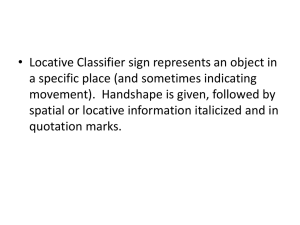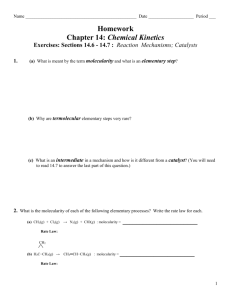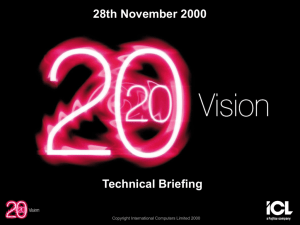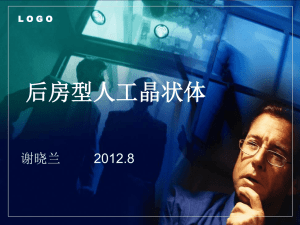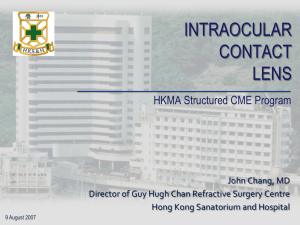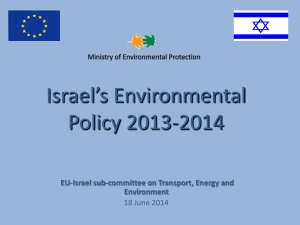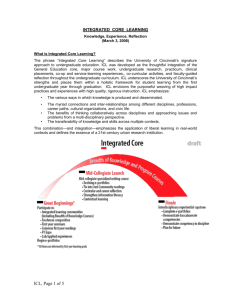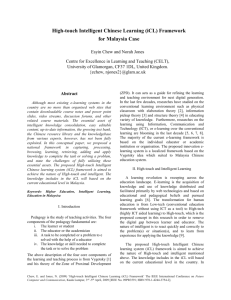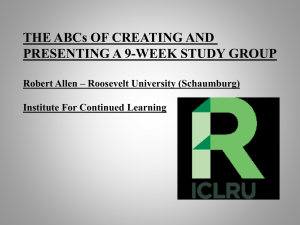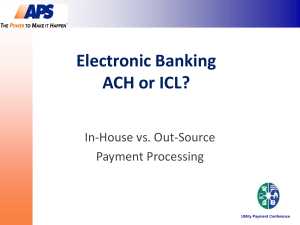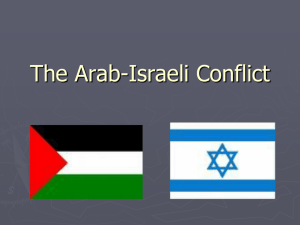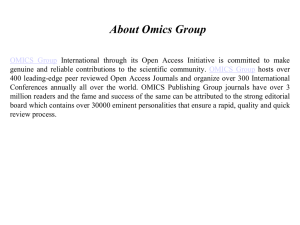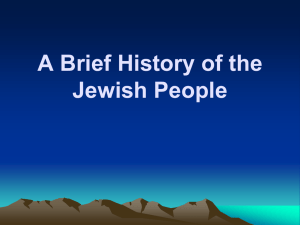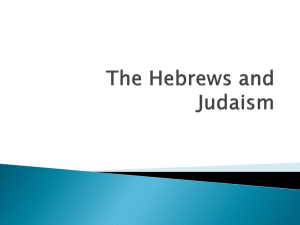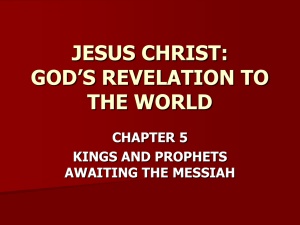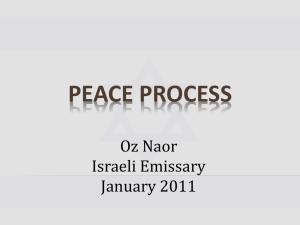Draft Recommendations by Mr. Stefan Borgas , President & CEO, ICL
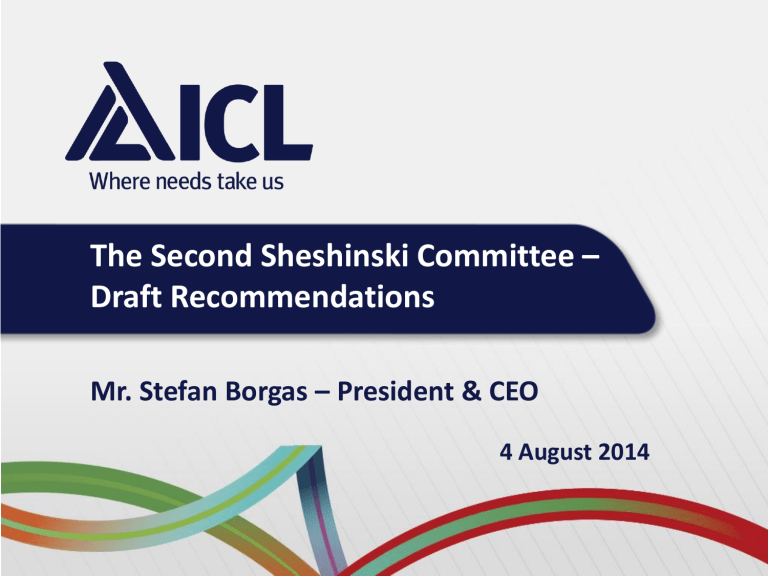
The Second Sheshinski Committee –
Draft Recommendations
Mr. Stefan Borgas – President & CEO
4 August 2014
Government Take (GT) from the Industry that Extracts
Natural Resources
ICL acknowledges the right of the Israeli public* to optimize the benefits it receives from the extraction of Israel’s natural recourses
What does “optimize benefits” mean?
* within legal boundaries
2
ICL’s World Markets Suffer Under Significant Overcapacity in Which ICL-Israel is a Small Player
Mineral
(world market size)
Global Overcapacity Israel’s Total
Capacity
Potash
(55 Mio t)
Phosphate
(200 Mio t)
Magnesium
(700,000 t)
15 million ton
30 million ton
> 200,000 ton
3.6 million ton
3.5 million ton
29,000 ton
3
2011
The Deteriorating Business Environment in Israel for ICL
(NIS Until the End of the Concession )
Exclusion from the Investment Encouragement Law NIS 10 billion
2012 Undertaking to finance most of the harvesting project NIS 5.5 billion
2012 Increase in the rate of royalties on potash sales NIS 1.75 billion
2013
2014
Retroactive tax assessments for 2009-2011
Arbitration ruling on downstream products
NIS 1 billion
NIS 700 million
Weakened phosphate industry
Significant increase of labor cost
Draft recommendations of the Committee NIS 7 billion?
4
Government Take (GT) From Potash in Comparison
GT Around the World
⁻ Committee: 25%-47%
⁻ ICL’s experts: average 29%
GT in Israel following the Recommendations
⁻ Committee: 46%-57%
⁻ ICL’s experts: 70%-74%
• Including salt harvesting, signature bonus & dividend tax
5
ICL Optimizes its Business Opportunities Worldwide
Available natural resources
ICL’s technological
“know how”
Market environment
(customers & logistics)
Conditions for investments
Worldwide opportunities for ICL
6
Investment Opportunities Worldwide
Comparative advantages of other countries:
Rate on return for investment in Potash: over 20%
Production costs are decreasing
Governments provide incentives for investments:
Netherlands and UK – “patent box”
Germany – subsidies for corporate research
UK – subsidies investments
China – 10% pts tax rate reduction for “high tech” businesses
7
Investment Opportunities Worldwide
- Ethiopia – 0% income tax; accelerated depreciation
- China – reduced Income tax on phosphate; 3% royalty
- West Africa – tax exemption for many years
- Spain – no royalties; accelerated depreciation; reserve free of taxes; certain deductions in
Corporate Income Tax
8
Challenges in the Global Market
Deteriorating prices of potash ($287 FOB) and phosphate ($80-$100/t)
Stagnant demand
Significant overcapacity
Shrinking bromine market – new downstream products must be developed
Reduced availability of capital for ICL
9
Decisions Must Be Taken – What Would You Do?
Investment
Opportunities
Worldwide
Continuation of Investments in Israel
Business
Environment
In Israel
Global Market
Challenges &
Opportunities
10
Decisions Must Be Taken
1. Unavoidable changes in ICL’s activities
Magnesium
Bromine compounds
Phosphate downstream products
2. Investment plans in Israel are frozen
First step: NIS 2,500–3,800 million (next 5 years)
3. Aggressive cost reduction
Elimination or loss of direct and indirect jobs, mostly in the Negev: approximately 3,400
11
Decisions Must Be Taken
4. New investments or business acquisitions in other regions must be accelerated
Spain, Ethiopia, UK, South East Asia, Latin
America, West Africa, Netherlands and
China
5. Research and marketing functions will migrate over time to regions of value creation
3-5 years
12
In Conclusion, the Committee Should Consider ….
Government
Universities
Communities
ICL’s
Profits
Employees
Shareholders
… the total picture for the Israeli economy
… a truthful outlook on ICL’s profitability vs. competitors
… How to GROW the pie: ICL and its industry IN ISRAEL
13

